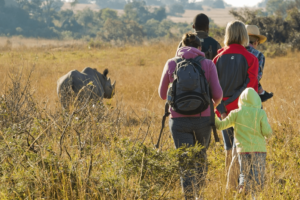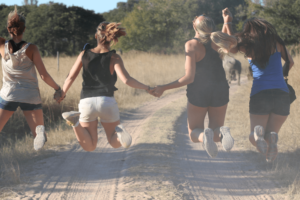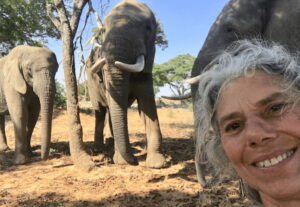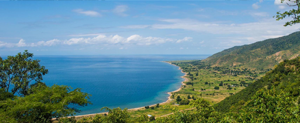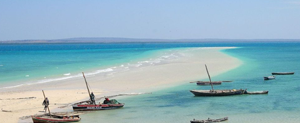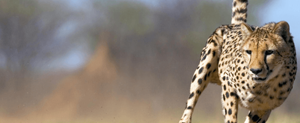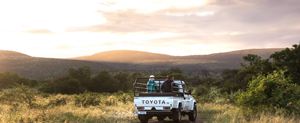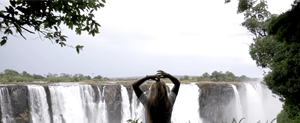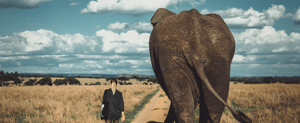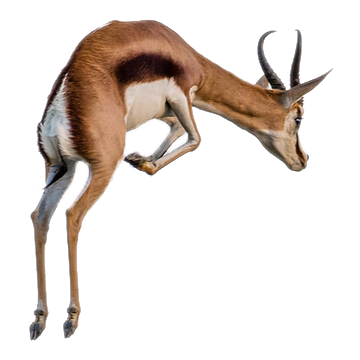Travel #ForNature after Covid-19
As we noted in our article “3 ways to travel responsibly after Covid-19”, the shutdown of global tourism has brought to light questions about the way we travel – where we go, how we get there and what we do. We are all definitely for experiencing the world’s most iconic sites and exploring spectacular and unique wilderness areas, but at what cost to the environment and global climate?
Friday 5th June was World Environment Day. In 2019, biodiversity was chosen as the theme for this year, focusing on putting nature first. So far, in the first half of 2020, the planet has made it crystal clear that we are in the midst of a biodiversity crisis.
Covid-19, a global human health crisis, which started because of our careless arrogance towards nature, made us finally sit up and listen.
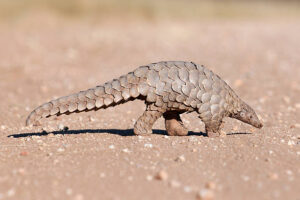
What can we do individually to make sure we align our travel goals with a conscious effort to do right by our beleaguered planet?
We cannot ‘go back to normal’, because normal is what created crises like Covid-19. ‘Normal’ is hastening climate change, destroying wilderness areas and illegally killing wildlife. By 2050, ‘normal’ will have negatively impacted 90% of the world’s terrestrial eco-systems. Although by now a much-used and much-maligned phrase, we do need to create a ‘new normal’ – where everyone is aware of the fragility of the natural world; where everyone knows that when we protect the planet, we protect ourselves.
Let us rethink our relationship with nature.
Immersion in the natural world has a profound impact on our physical and mental wellbeing, and on our outlook on life. During the global lockdown, our connection with nature was abruptly severed – for some vulnerable individuals, these past few weeks have been the first time they have been allowed to leave their homes for 12 weeks. As our horizons shrunk to just a few kilometres around our homes, the yearning for new discoveries and the freedom to explore, has become compelling.
Make no mistake, countries, destinations and projects across the globe need tourism: to provide jobs to local people and to protect the world’s most vulnerable wildlife.
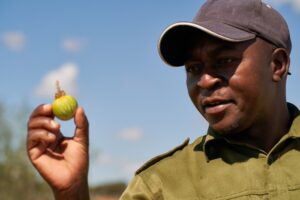
Connecting responsible travel and environmental consciousness – our checklist to being a mindful traveller
This pandemic has shown us that there is an absolute necessity for more conscious tourism. Let this time when you cannot travel be one of research. Find places to go that will open your mind to new ways of viewing the world and your place in it, and where you can understand the absolute need to preserve our planet’s incredible biodiversity.
Here’s our checklist of things to think about:
– Look but don’t touch. Read about the exploitation of animals for tourism, specifically in South Africa, educate yourself on ethical animal encounters, and learn why visiting organisations with captive lion cubs should be a big no-no (read more on the topic of finding ethical wildlife sanctuary projects)
– Be conscious of where you are spending your travel time. Choose places with low footprints and clear objectives; places where you can see the impact you are having on communities and wildlife and where there is no question that animals are being treated ethically.
– Choose organisations who are supporting communities in long-term sustainable initiatives to raise them out of poverty.
– Make one big trip a year rather than half a dozen small ones, and make that one trip count.
– Slow down. Spend more time in one destination instead of hopping on several flights in a region
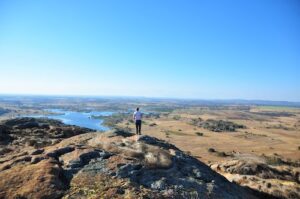
– Research how to carbon off-set your trip (find out how here). Carbon-offsetting can be an excellent way to know that the environmental impact of your flight is being mitigated by a grass roots environmental project.
– Donate to an organisation directly rather than travelling there. We know it’s not as exciting, but the new normal will involve a degree of sacrifice for the greater good of the planet.
– Join small group experiences. Better able to manage social distancing, small project groups are perfect to ensure you make an impact with minimal footprint.
– Support local. Put your tourism dollars directly into the hands of locals – support local craftsmen and curio-sellers; use local guides and transfer services; book knowing that your money is going straight to where it is needed most.
For a new normal in travel and tourism, we will all have to change our mindset and make sacrifices. For without sustainable travel, there may be no wildlife left to protect.
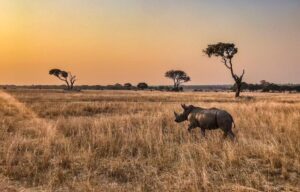
– – – – – – – – – – – – – – – – – – – – – – – – – –

